Indigenous Governance Database
data collection
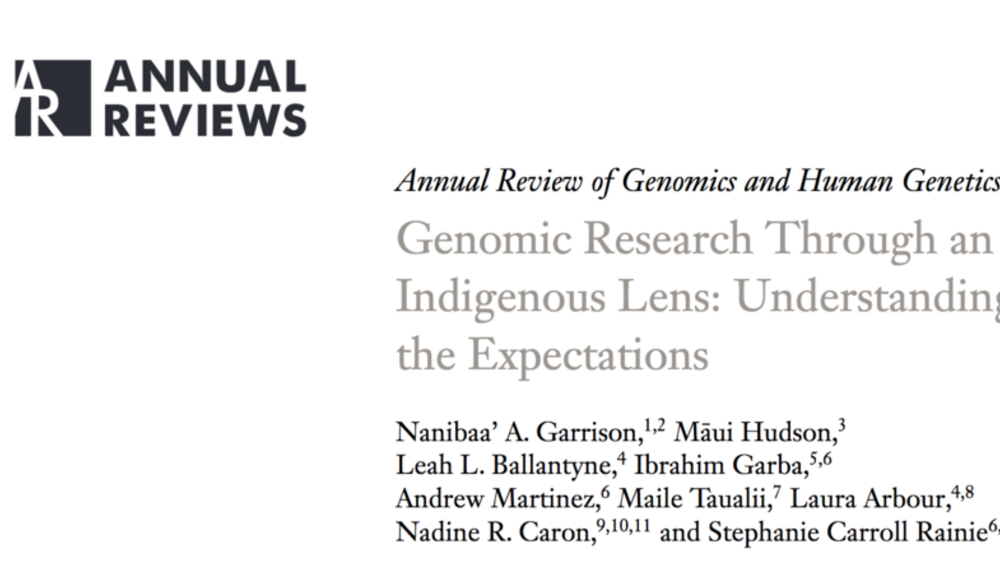
Genomic Research Through an Indigenous Lens: Understanding the Expectations
Indigenous scholars are leading initiatives to improve access to genetic and genomic research and health care based on their unique cultural contexts and within sovereign-based governance models created and accepted by their peoples. In the past, Indigenous peoples’ engagement with genomic research…
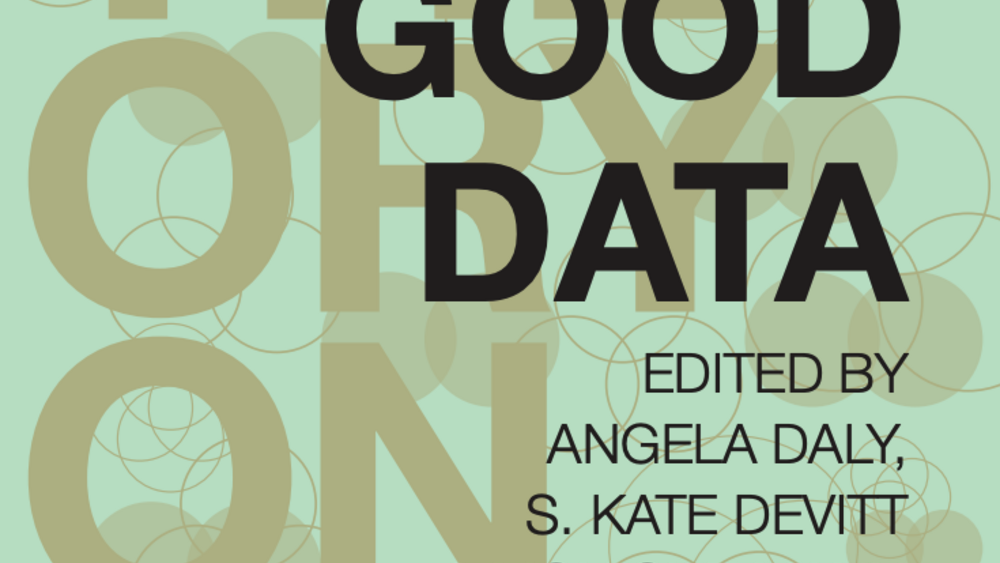
Good Data Practices for Indigenous Data Sovereignty
Indigenous Data Sovereignty (IDS) and Indigenous Data Governance are Indigenous-led movements and practices through which Indigenous peoples are setting their own visions for good data regarding data generated and collected by and about them. IDS movements and practices can be seen as a…
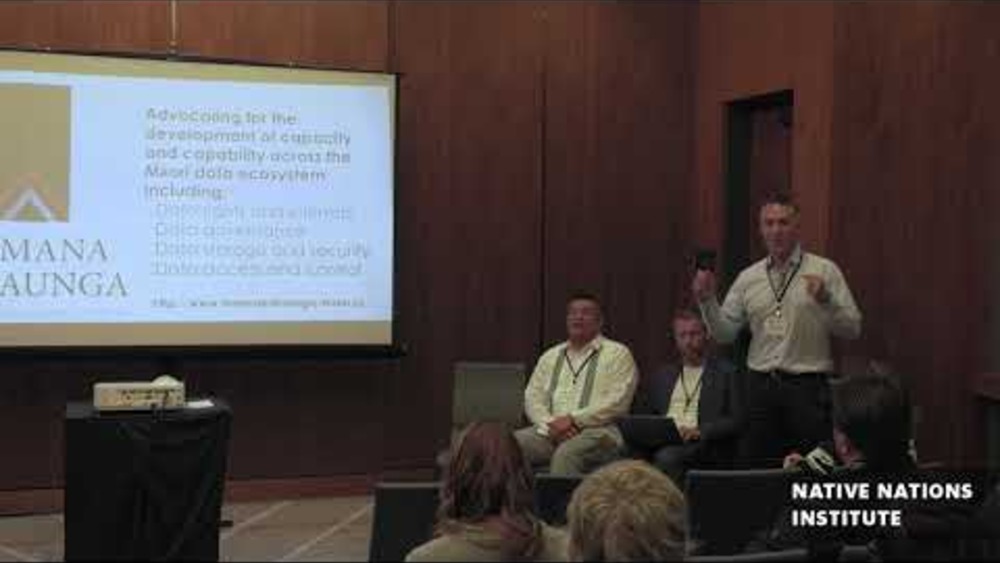
Indigenous Data Sovereignty: Global Progression
On May 18, 2018 at the Native American and Indigenous Studies Association (NAISA) Conference in Los Angeles, six leading scholars discussed the landscape and global opportunities and challenges Indigenous peoples face in the growing Indigenous data sovereignty movement. The presentations…
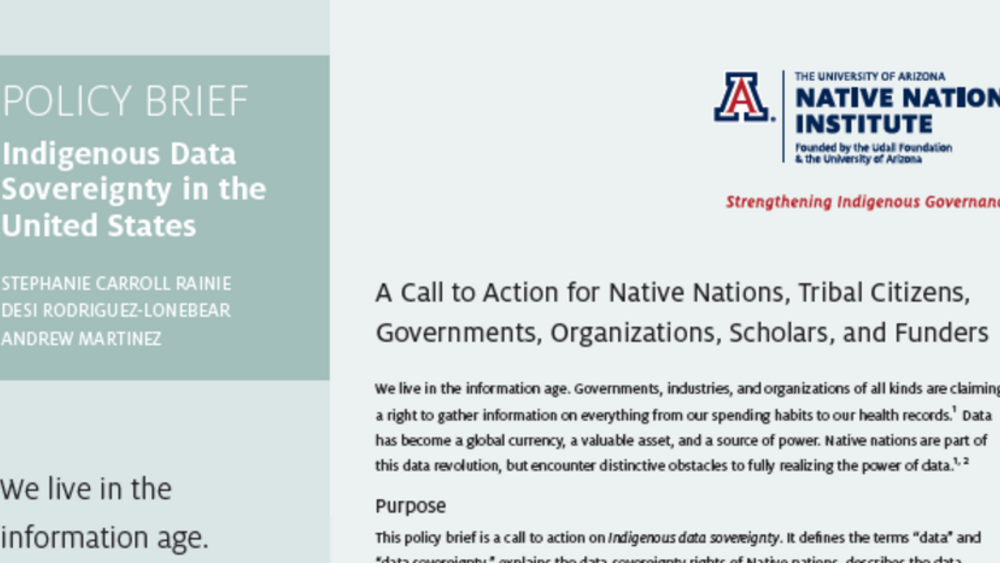
Policy Brief: Indigenous Data Sovereignty in the United States
We live in the information age. Governments, industries, and organizations of all kinds are claiming a right to gather information on everything from our spending habits to our health records. Data has become a global currency, a valuable asset, and a source of power. Native nations are part…
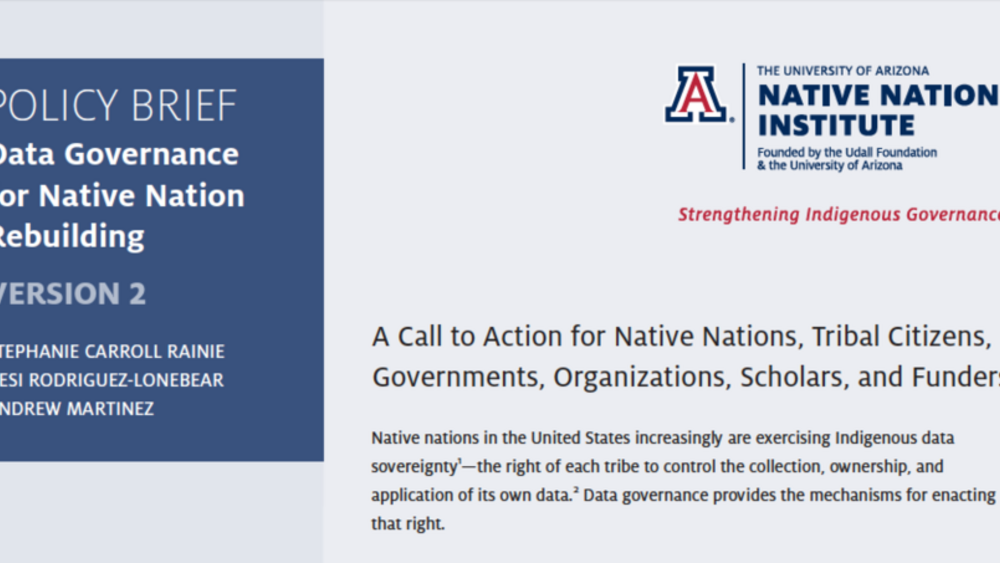
Policy Brief: Data Governance for Native Nation Rebuilding
Native nations in the United States are increasingly exercising Indigenous data sovereignty (ID-Sov)— the right of a nation to govern the collection, ownership, and application of its own data. While ID-Sov is the goal, data governance— the ownership, collection, control,…
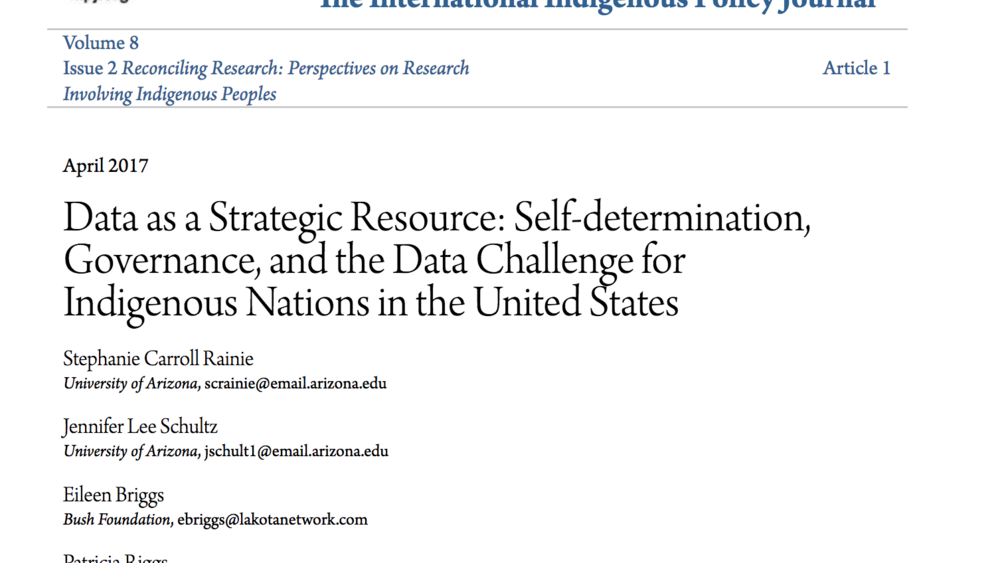
Data as a Strategic Resource: Self-determination, Governance , and the Data Challenge for Indigenous Nations in the United States
Data about Indigenous populations in the United States are inconsistent and irrelevant. Federal and state governments and researchers direct most collection, analysis, and use of data about U.S. Indigenous populations. Indigenous Peoples’ justified mistrust further complicates the collection and…
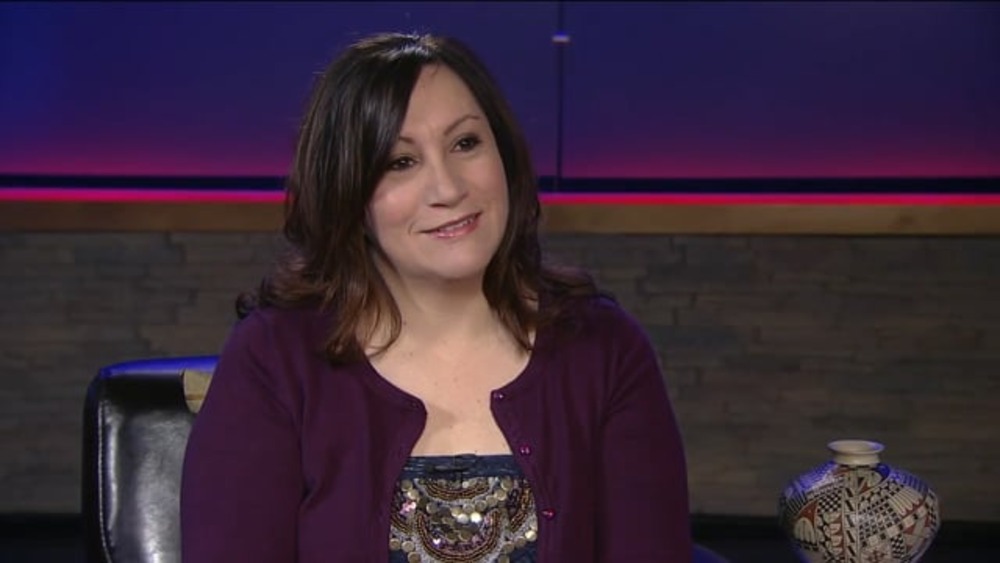
Eileen Briggs: The Importance of Data and Community Engagement
Eileen Briggs is a citizen of the Cheyenne River Sioux Tribe and is the Executive Director of Cheyenne River Sioux Tribal Ventures. She is also the Principal Investigator on "Cheyenne River Voices Research" — a reservation-wide research project including a household survey of over…
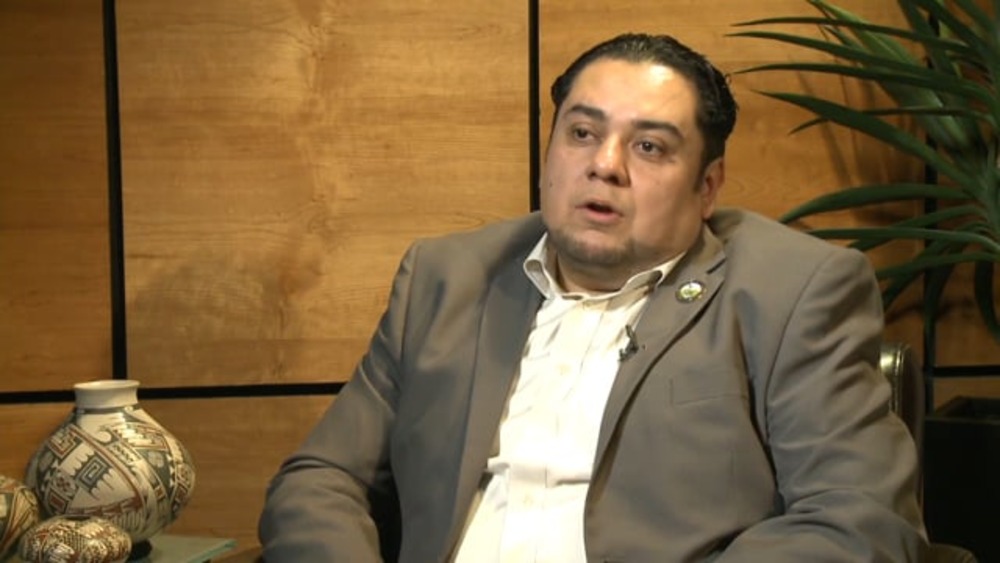
Rudy Ortega, Jr.: Asserting Sovereignty and Self-Governance
Rudy Ortega, Jr., then Vice President and citizen of the Fernandeño Tataviam Band of Mission Indians, shares his experiences leading his community and engaging in Fernandeño Tataviam self-governance in spite of his nation not yet being a state or federally recognized tribal…
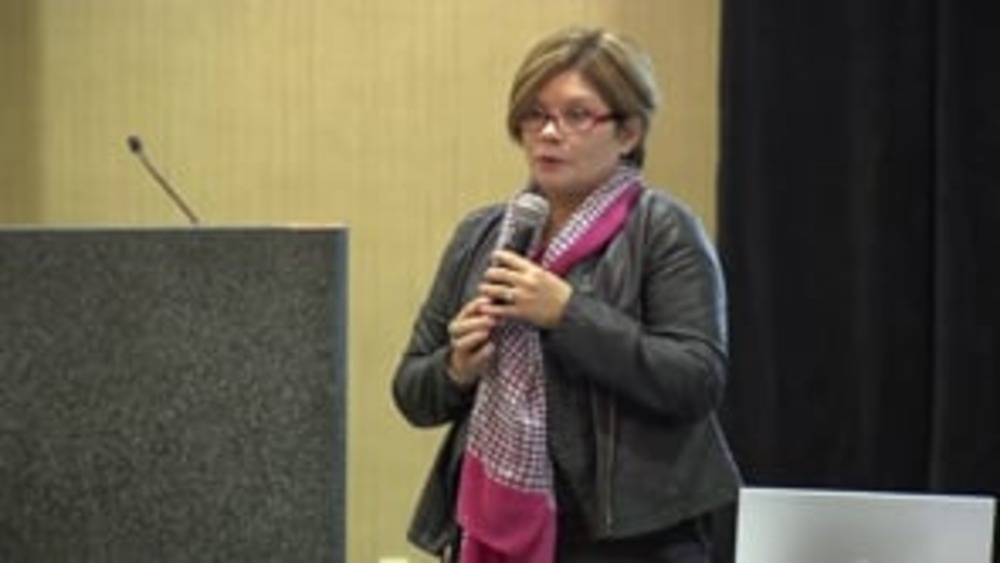
Patricia Riggs: Making Change Happen at Ysleta del Sur Pueblo
Patricia Riggs, Director of Economic Development at Ysleta del Sur Pueblo (YDSP), discusses how YDSP has developed and honed a comprehensive, multi-faceted approach to ciutizen engagement over the past decade in order to ensure that the decisions the YDSP government make reflect and enact the will…
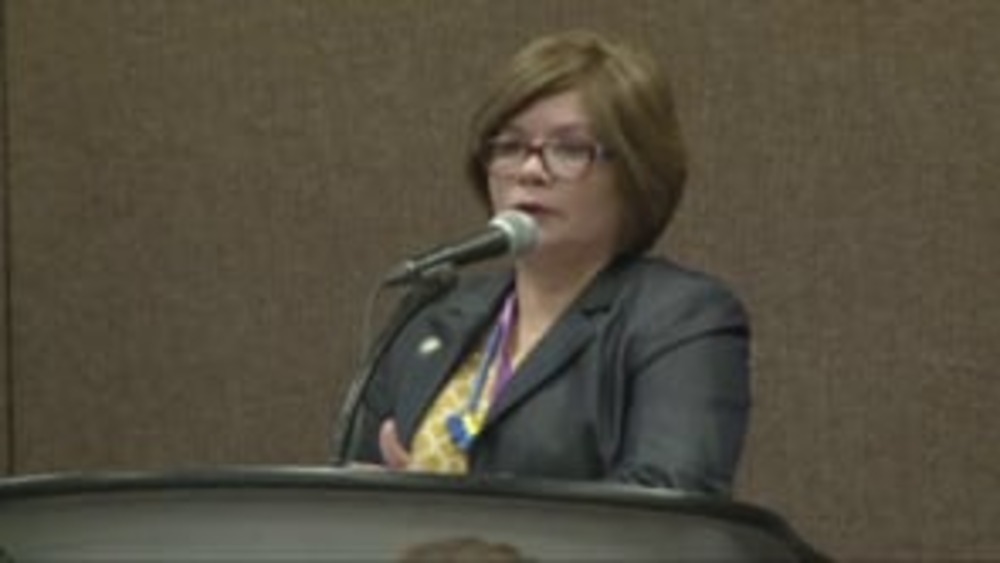
Patricia Riggs: The Role of Citizen Engagement in Nation Building: The Ysleta del Sur Pueblo Story
Patricia Riggs, Director of Economic Development for Ysleta del Sur Pueblo (YDSP), discusses how YDSP has spent the past decade developing and fine-tuning its comprehensive approach to engaging its citizens in order to identify and then achieve its nation-building priorities. This video resource…
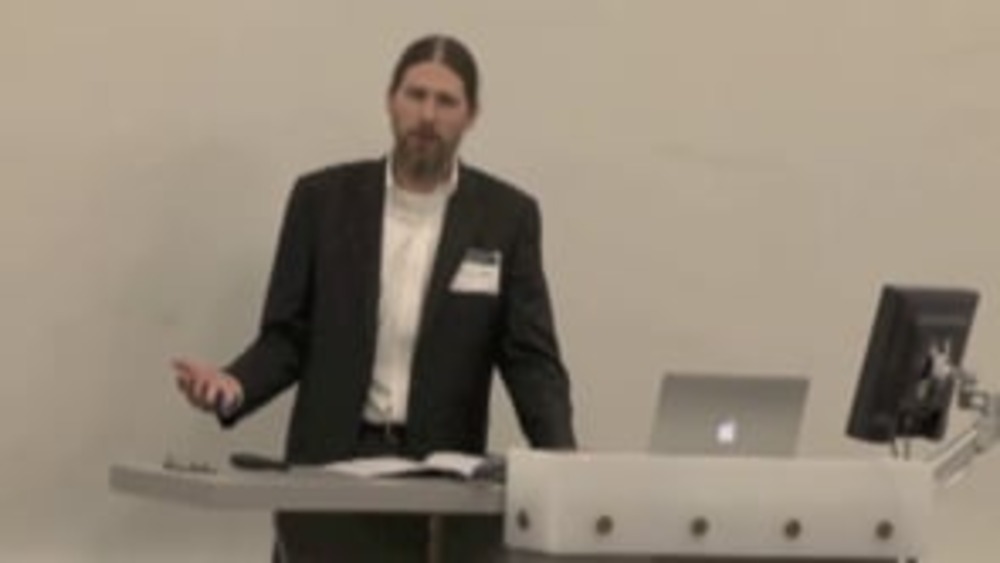
Good Native Governance Break Out 2: Indian Gaming in California
UCLA School of Law "Good Native Governance" conference presenters, panelists and participants Jonathan Taylor, Victor Rocha, and Alexander Tallchief Skibine discuss gaming and its impact for Native nations in California. Mr. Taylor provides a summary of data collection illustrating change in…
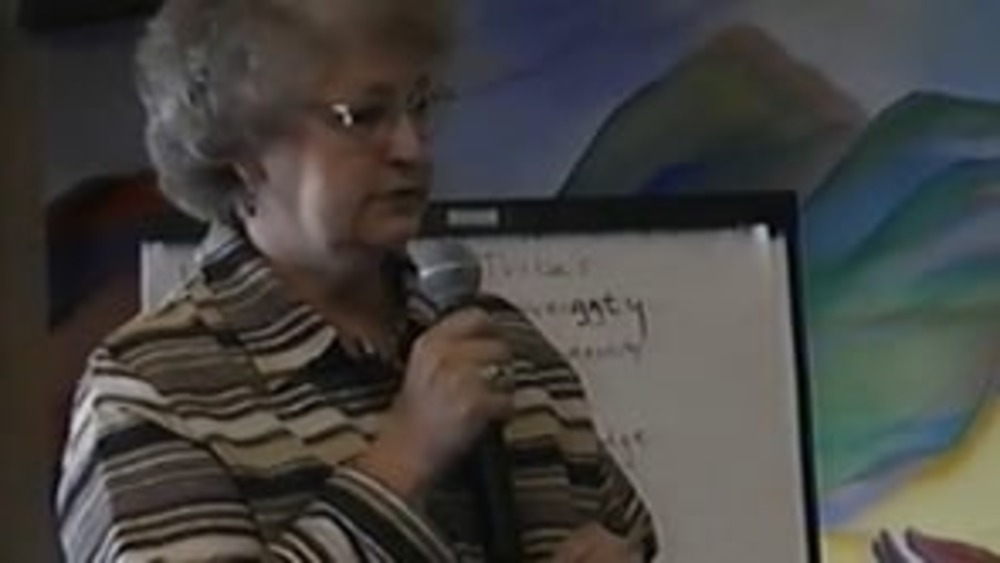
Honoring Nations: Julia "Bunny" Jaakola: Education and Social Services
Julia "Bunny" Jaakola reports back to her fellow Honoring Nations symposium attendees about some of the keys to effective governance that the education and social services breakout session participants identified.
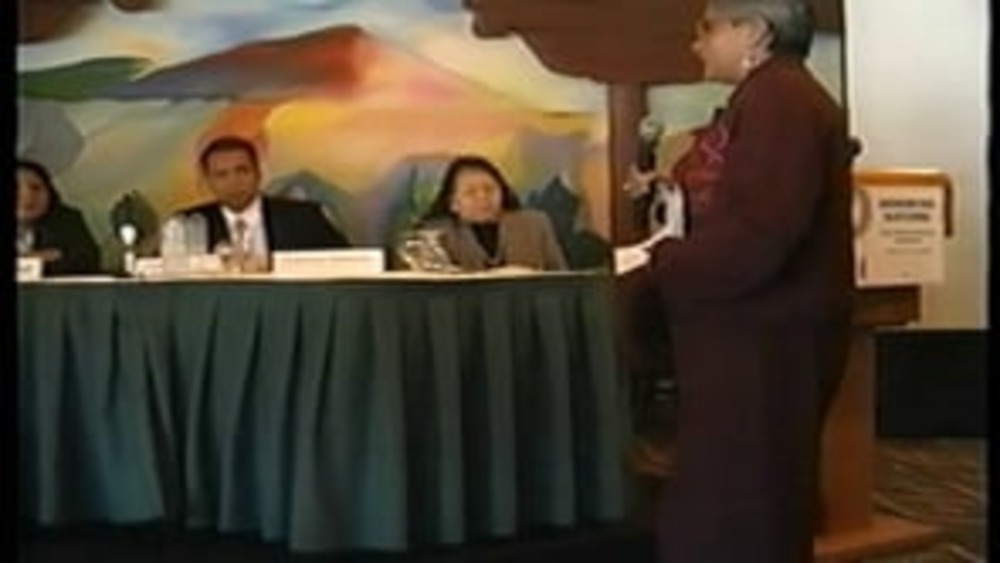
Honoring Nations: The Politics of Change - Internal Barriers, Opportunities and Lessons for Improving Government Performance
Moderator JoAnn Chase facilitates a wide-ranging discussion by a panel of Native nation leaders and key decision-makers about internal barriers inhibiting good governance and opportunities and lessons for improving government performance in Native nations.
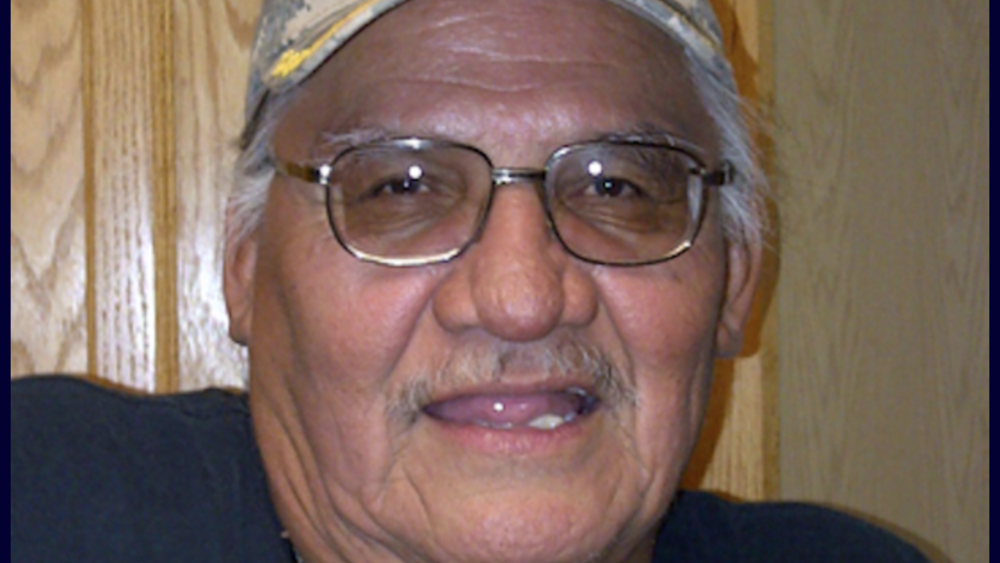
Indian Country must put more effort in public relations
While sipping my morning coffee I began reading a White House document titled “2014 Native Youth Report.” As with every other tribal member, I am aware of the long-standing socio-economic quagmire we have been enduring. The fact that we are still alive and well is short of miraculous and thought…

Good Data Leads to Good Sovereignty
The lack of good data about U.S. American Indian and Alaska Native populations hinders tribes’ development activities, but it also highlights a space for sovereign action. In coming years, tribes will no doubt continue to advocate for better national data and at the same time increasingly implement…
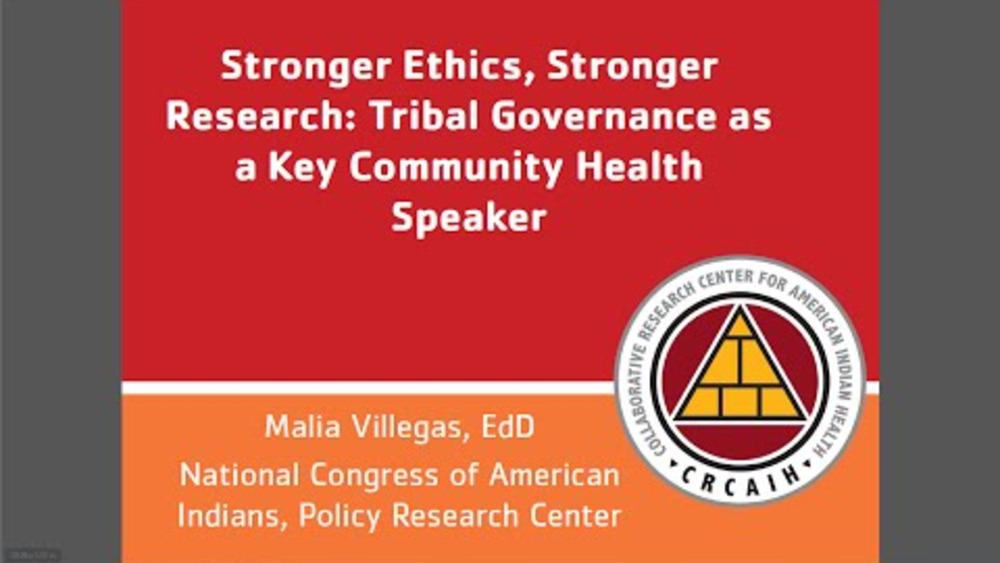
Stronger Ethics, Stronger Research: Tribal Governance as a Key Community Health Speaker
2015 CRCAIH Summit Keynote Address by Dr. Malia Villegas, National Congress of American Indians, Policy Research Center.
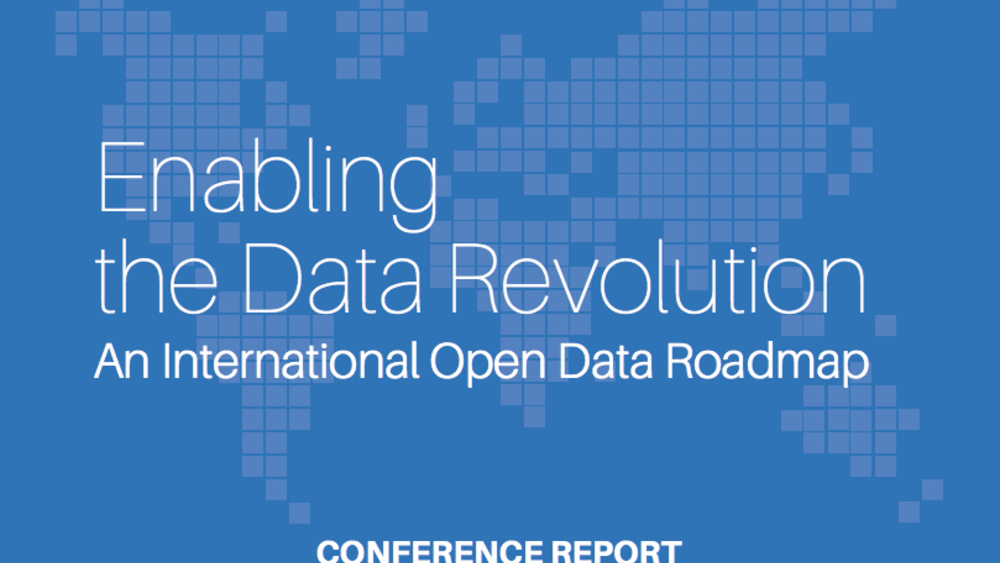
Enabling the Data Revolution: An International Open Data Roadmap
Open data in the context of indigenous peoples and communities can be understood as a double-edged sword. On the one hand, open data can help indigenous communities, both internally and externally. Internally, it can be used to inform policy, allocate resources, and set a vision for indigenous…
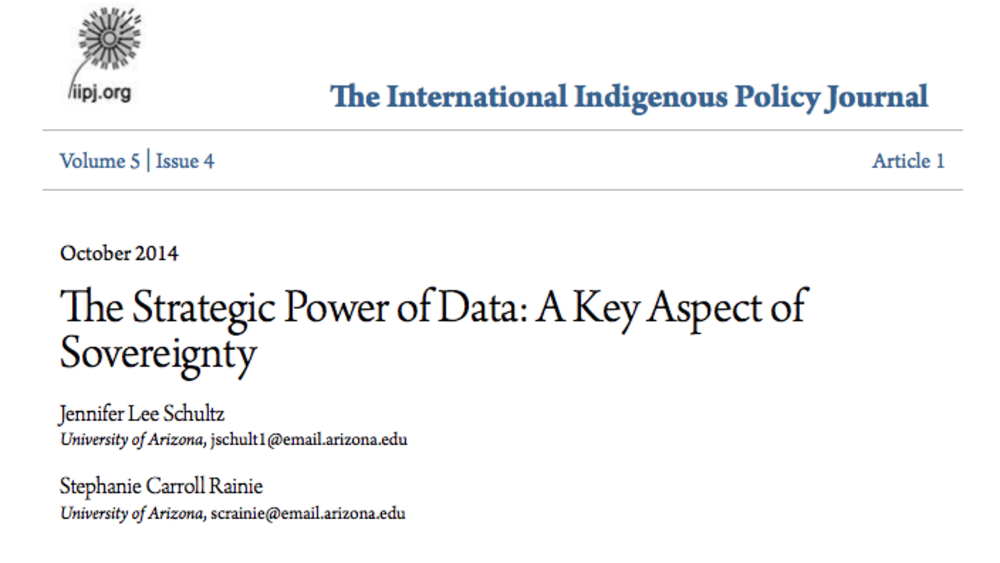
The Strategic Power of Data: A Key Aspect of Sovereignty
The lack of good data about U.S. American Indian and Alaska Native populations hinders tribes’ development activities, but it also highlights a space for sovereign action. In coming years, tribes will no doubt continue to advocate for better national data and at the same time increasingly implement…
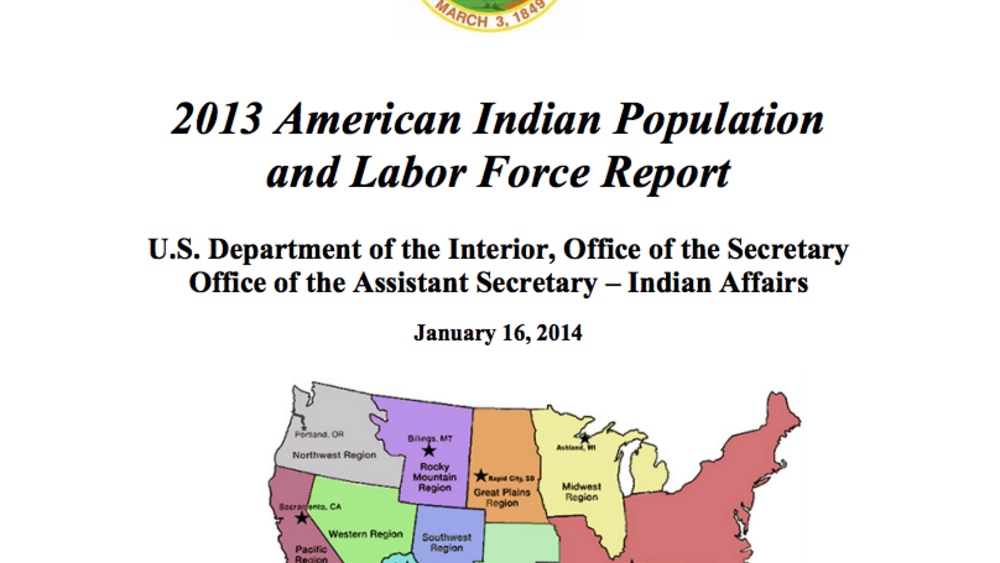
2013 American Indian Population and Labor Force Report
This report presents findings from the 2010 Labor Force Survey of American Indians and Alaska Natives, combined with a larger set of publically available statistics produced by the U.S. Census Bureau. This report is prepared in accordance with Public Law 102-477 the Indian Employment, Training, and…
Pagination
- First page
- …
- 1
- 2
- …
